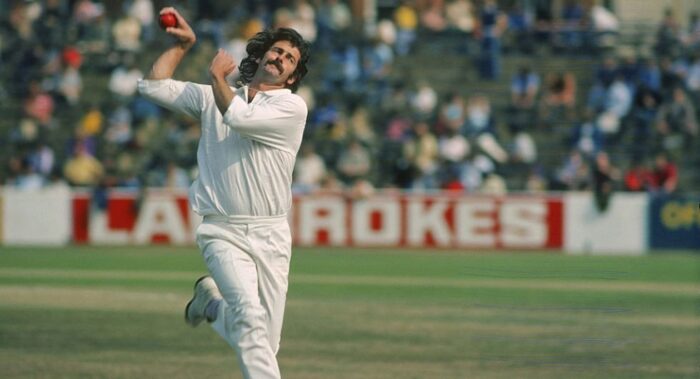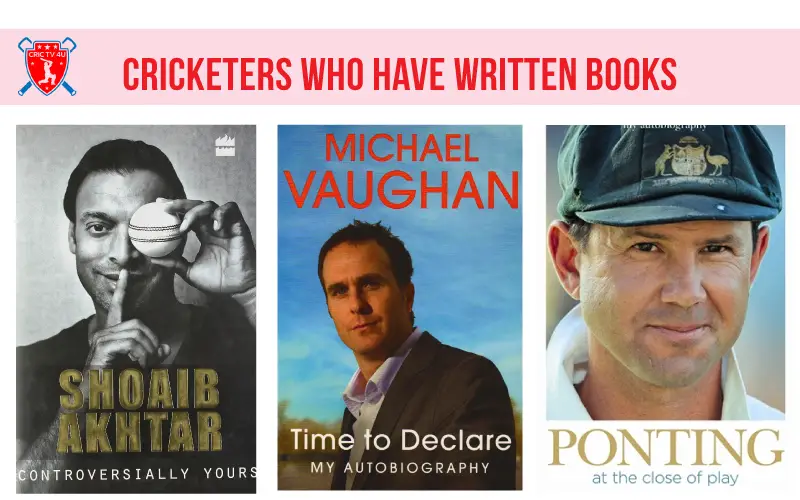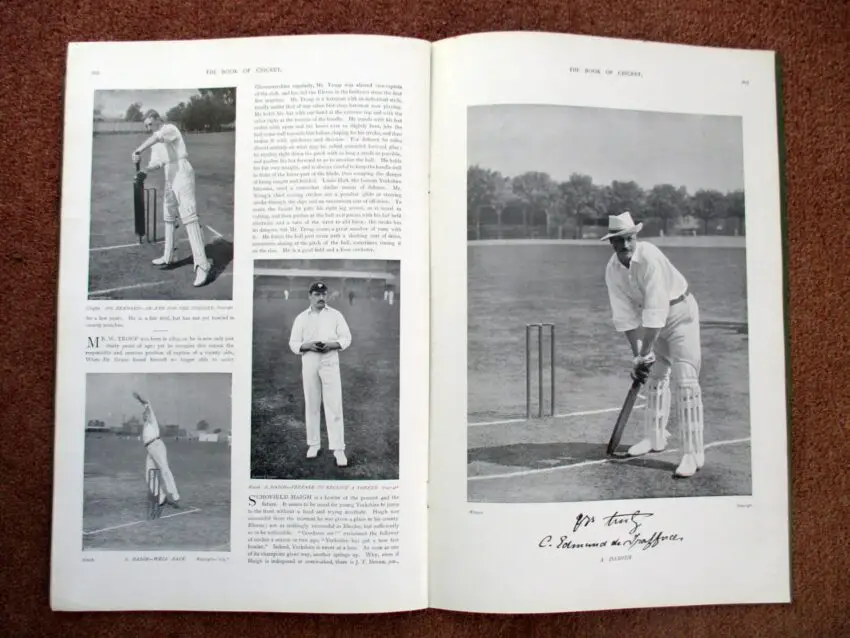As a profession, cricket is not a very long one. The average span of a cricketing career at all levels would not be more than 15 years. In this period, there are several memoirs of close matches, upsets, and winning championships. However, nothing comes closer to the original recalling of the same by the player or coaches involved. Thus books written by sportsmen and women gain so much attraction.
1. Ricky Ponting
Ricky Pontine will go into history as one of the most successful captains to lead an international team. With more than 13 thousand runs in Tests and One-day internationals, Ponting has left a permanent mark on world cricket. The two times World Cup-winning Captain has been involved with writing numerous Australian cricket diary records. His autobiography was named as ‘Ponting - at the close of play.' Harper sports published the book in 2013.
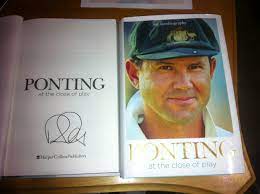
2. Shoaib Akhtar
The 100 miles per hour man Shoaib Akhtar makes it to the news for his hot takes on different aspects of the game. The speedster was one of the most difficult bowlers to face. However, Akhtar has never been away from controversies. Be it the rift within the Pakistani team or his comments on the current squad. The world record holder released his book ‘Controversially yours’ in 2011, immediately after his retirement. The cricket media termed Akhtar as indisciplined and rebellious all his career. ‘Controversially Yours’ is his side of the story.
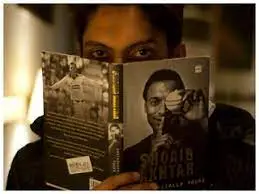
3. CB. Fry
A former English cricketer Fry had much more than cricket in his life. Although he represented England in 26 test matches and scored more than a thousand runs, he was also actively involved in Football, athletics, and acrobatics, among other sports. Besides, Fry had also tried his hands teaching and Politics. Fry wrote several books on cricket; Cricket: Batsmanship, the Giants of the game, A book of cricket, etc. Adding to the bunch, Fry wrote introductions and prefaces to many other books. CB Fry also lauded a couple of magazines, ‘The captain’ and ‘ CB Fry’s magazine.’
4. Michael Vaughan
The current cricket fans might know Vaughan solely for his controversial tweets and take, especially when it comes to Indian cricket. However, there is much more to that. Michael Vaughan was the skipper of the English team during the famous 2005 Ashes victory. The book narrows down to a limited period when Vaughan took over as the captain of the English team. In ‘Calling the shots: captain’s story.’ Vaughan talks about various aspects of captainships; challenges, goals, man management, etc. It also gives the reader a sneak peek at the Ashes victory, what many call the most significant test series. Vaughan breaks down the approach of the English team while playing against the mighty Aussie squad.
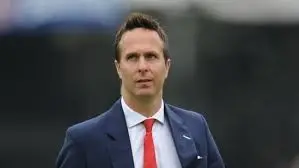
5. Saurav Ganguly
Saurav Ganguly introduced the Indian cricket team to the new form of aggression. Since the resurgence of Ganguly in 1996, ‘Dada’ never looked back and led India into the new century. Geoffry Boycott used to call Saurav, ‘ The Prince of Calcutta,’ and the title stuck, thanks to the grandeur of the man. With more than a hundred tests and 300 One day internationals, Saurav Ganguly is regarded as one of the greatest batsmen from India. In his autobiography 'A century is not enough.' released in 2018, the former Indian skipper opens up about several instances of his professional career. Ganguly elaborated on his entry into the team in the early 90s, the experience of captaining India, a fallout following an ugly battle with the then coach Greg Chappel and the comeback.
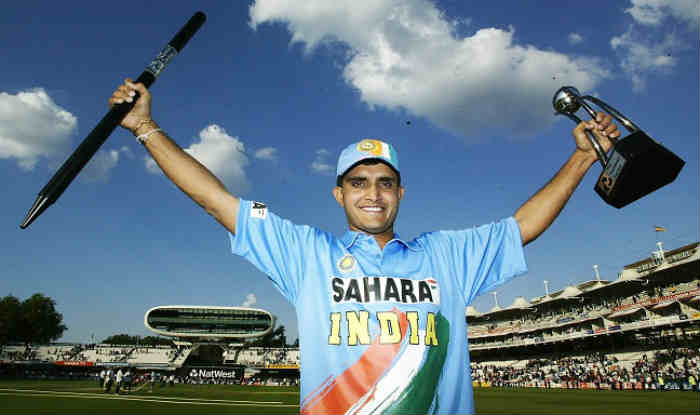
6. Allan Donald
World cricket has possibly lost many players coming out of South Africa in the 80s as the team was serving a ban from international cricket. In the 90s, when the South African team made a comeback, one of many players who added to the Proteas reputation of playing was Allan Donald, besides Kepler Wessels and Gary Kirsten. One of the fastest bowlers of the 90s, Donald took 330 test wickets in 72 matches and got 272 scalps in the One Day internationals. In his autobiography, ‘White Lightning’, Donald talks about his struggles to reach the top. He elaborates on the sheer physical and mental requirements which go into the making of an international sportsperson.
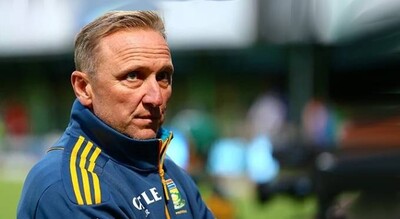
7. Micheal Holding
‘Whispering Death’ was the name given to one of the many dreadful fast bowlers of the West Indian squad in the 80s. A team that wasn’t short of any quality bowlers had Michael Holding, among others. Post-retirement, Holding has been busy with his broadcasting schedules with the English channels. In “No Holding back - an Autobiography”, the legendary bowler talks a great deal about his personal experiences of playing and traveling with one of the best teams. He also wrote about certain instances where he tried to attack the batter and mentions his views regarding the downfall in the state of West Indian cricket of late.
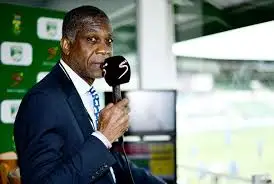
8. Sanjay Manjrekar
Sanjay Manjrekar is one of the most talked-about commentators and cricket analysts in the country today. Not all of it is for good reasons, though. The former Bombay batter is famous for his controversial takes on things related to cricket and for his tweets. ‘Imperfect’ is an honest account of his career, the state of Indian cricket, and many of his counterparts. Manjrekar ends the book by talking about his current position in cricket commentary. The book is an overview of a domestic legend and an Indian national who eventually became more famous for his opinions than his cricketing days.

9. Mike Brearley
Mike Brearley is one of the most successful captains in the history of English cricket. Brearly led the national team on 31 occasions, winning 17 and losing only 4. After cricket, Brearley also got into administration. In the 80s, he wrote a book, ‘The Art of Captaincy.' It is considered to be one of the best books written on cricket. In the book, Brearley demystifies the role of the captain on the cricket field. He talks about the pressure, the responsibility, and the contribution of the captain, among several other things in the book.
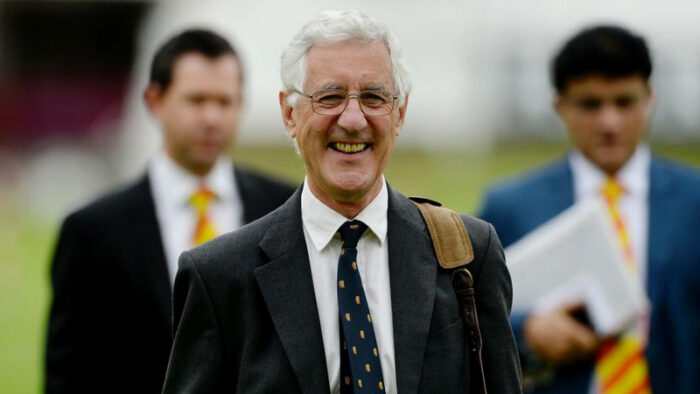
10. Dennis Lilee
BBC sports labeled Lilee as an “Outstanding fast bowler of his generation." Lilee can be credited with bringing the new age nature to the game, at least for the bowlers. Lilee played 70 tests and has 355 wickets to his credit in an injury-hit career. In the autobiography, ‘Menace - an autobiography’, the Australian legend recounts several memorable encounters. Besides, he also breaks the techniques of the greats of his times and explains them well.
